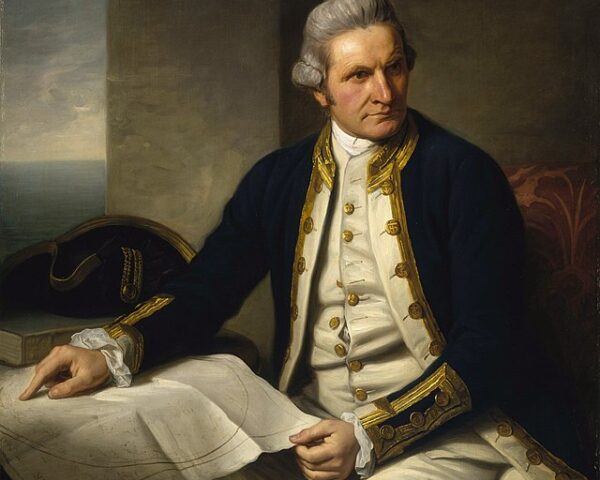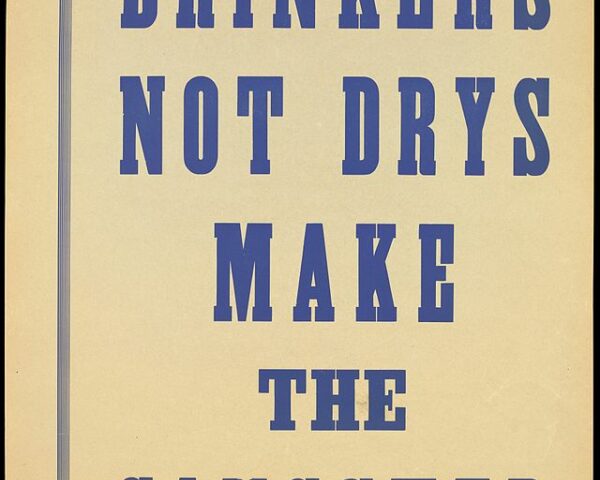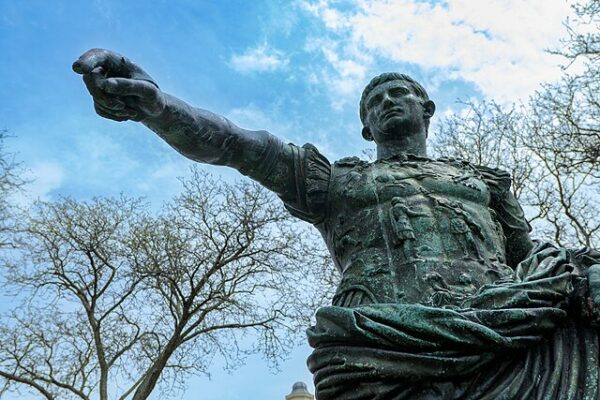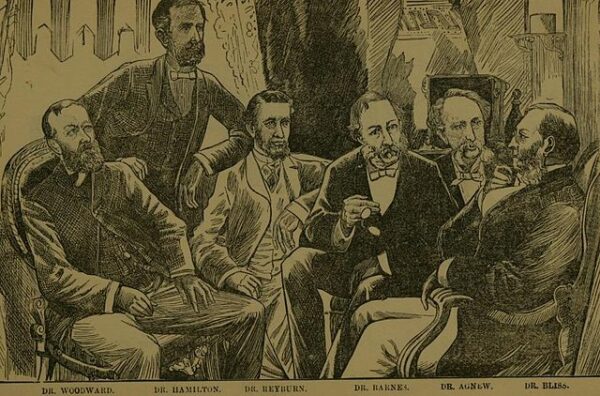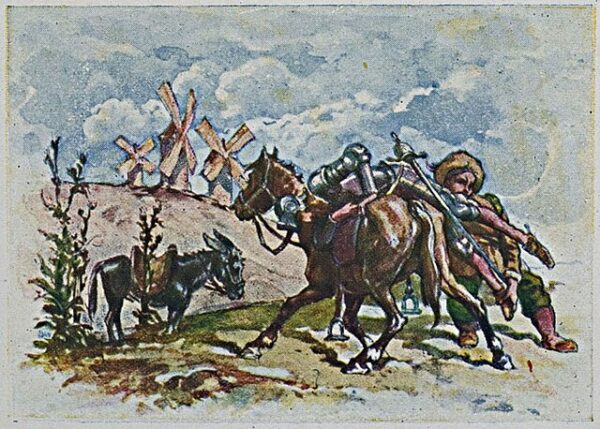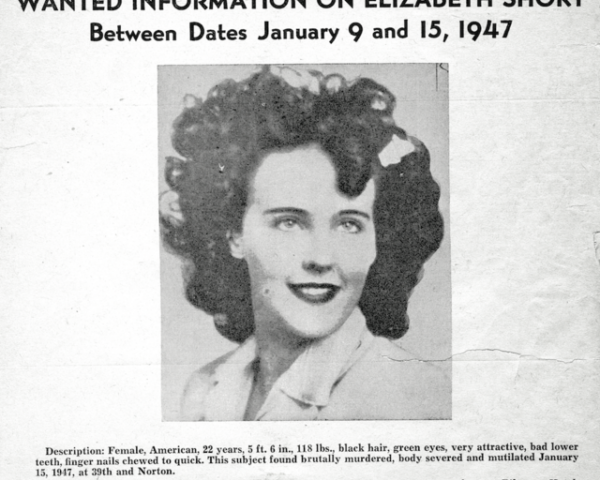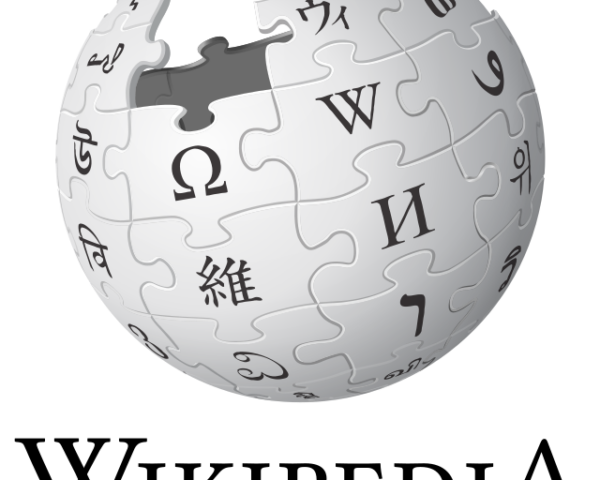On January 18, 1943, armed Jewish resistance erupted inside the Warsaw Ghetto, marking the first organized uprising by Jews against Nazi Germany during the Holocaust. Though smaller and less well-known than the April revolt that would follow, the January uprising fundamentally altered the moral…
Read MoreMarion Barry’s arrest on January 18, 1990, was a pivotal moment in the history of Washington, D.C. As mayor, Barry had long been a prominent and controversial figure, celebrated for his achievements and criticized for his personal scandals. His arrest for drug possession during…
Read MoreOn January 17, 1773, Captain James Cook, a distinguished British explorer, achieved a historic milestone by leading the first recorded expedition to cross the Antarctic Circle. This extraordinary accomplishment marked a turning point in the Age of Exploration, cementing Cook’s status as one of…
Read MoreOn January 17, 1920, Americas beer taps went dry. On that day, The Volstead Act, officially known as the National Prohibition Act, passed by Congress a few months earlier, went into effect. The new law provided for the enforcement of the 18th Amendment to…
Read MoreOn January 16, 27 BC, the Roman Senate conferred upon Gaius Julius Caesar Octavianus the honorific title Augustus—a moment that has come to symbolize the end of the Roman Republic and the beginning of the Roman Empire. The significance of the act lay not…
Read MoreThe Pendleton Civil Service Reform Act, enacted by Congress on January 16, 1883, marked a significant turning point in the history of the federal workforce. Prior to the Act, the federal government’s jobs were often distributed based on a system known as the “spoils…
Read MoreOn January 16, 1605, El ingenioso hidalgo Don Quijote de la Mancha (The Ingenious Gentleman Don Quixote of La Mancha), written by Miguel de Cervantes Saavedra, was first published in Madrid, Spain. This moment heralded the arrival of one of the most transformative works…
Read MoreOn January 15, 1777, in the depths of the American Revolutionary War, a rugged, contested frontier known as New Connecticut—today’s Vermont—took a step few dared: it declared itself an independent polity. The declaration did not pledge allegiance to Britain, nor did it seek immediate…
Read MoreOn January 15, 1947, the lifeless body of Elizabeth Short, a young aspiring actress, was discovered in a vacant lot in Los Angeles. The details surrounding her death were horrifying—Short’s body was severed at the waist, and her mouth was slashed, earning her the…
Read MoreOn January 15, 2001, the internet was forever changed with the founding of Wikipedia, a bold experiment in democratizing knowledge created by Jimmy Wales and Larry Sanger. Emerging as a free-content online encyclopedia, Wikipedia quickly transformed how people access and share information, evolving into…
Read More



